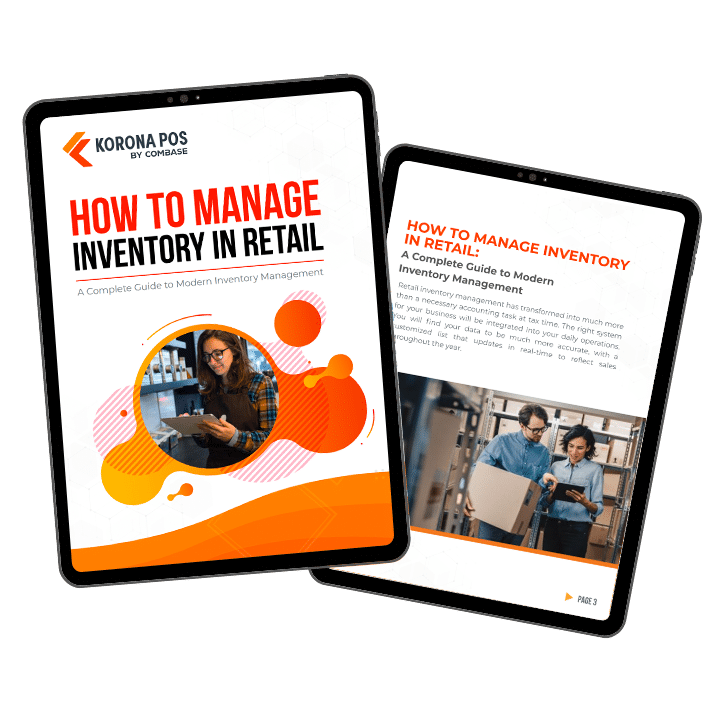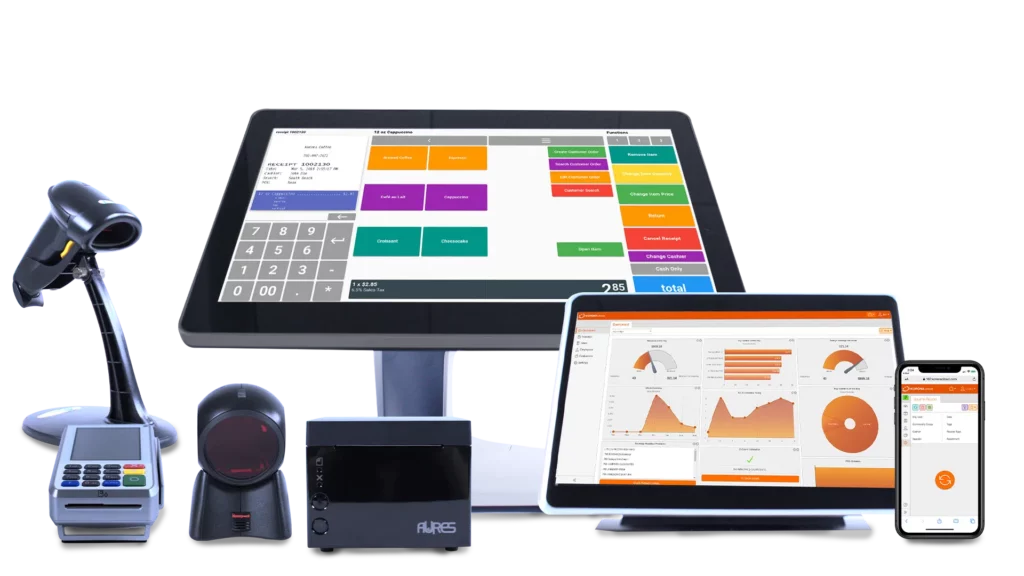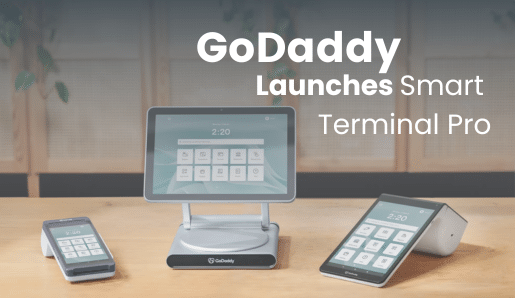On August 12, 2025, GoDaddy announced the release of its Smart Terminal Pro, a 10.1-inch POS device designed to provide small businesses with a more streamlined checkout experience. This follows GoDaddy’s gradual move from being “just” a domain and hosting company to payments, websites, and now retail hardware.
It’s a sign of the times: with 84% of U.S. retail sales still happening in-store (Q1 2025), eCommerce companies are increasingly moving into brick-and-mortar POS to capture more of the retail journey (CapitalOne 2025).
GoDaddy’s POS: An Extension of Its Online Empire

GoDaddy’s POS offering builds off its existing ecosystem — small businesses already using GoDaddy for websites or online stores can now link those to their in-person sales. The pitch: one provider for both digital presence and physical checkout.
On paper, that’s compelling. Website, domain, eCommerce, and POS under one login? It sounds convenient. But here’s the catch: retail POS systems require years of refinement. They require features such as advanced inventory management, analytics, loyalty programs, multi-store functionality, and seamless integrations.
GoDaddy is entering a space dominated by companies that have spent decades building POS functionalities for retail realities. Which begs the question: Is GoDaddy ready for the complexity of retail, or is this more about upselling current customers with a “good enough” solution?
GoDaddy Smart Terminal Pro at a Glance

GoDaddy’s new terminal is built for visibility and speed. Here are the standout features:
- 10.1″ touchscreen in landscape mode, offering 50% more item display space than previous models
- 180° swivel display for customer-facing interactions (tipping, signing, order review)
- AI-powered product catalog creation via Airo®, which can generate listings from a single product photo
- Real-time inventory sync between online stores and in-person checkout
Pricing starts at $499 (limited-time, down from $599), placing it in the affordable end of the dedicated POS hardware spectrum.
GoDaddy’s POS Hardware Lineup
Device | Price (Promo) | Best Fit |
Smart Terminal Pro | $499 | Larger catalogs, busy counters |
Smart Terminal Duo | $399 | Two-screen countertop experiences |
Smart Terminal Flex | $275 | Mobile retail, floor sales |
Card Reader | $79 | True mobility |
The Software Side: POS Plus
Hardware is only half the story. To unlock its full potential, GoDaddy pairs the Smart Terminal Pro with its Point of Sale Plus plan:
- Monthly cost: $28.99 (billed annually)
- Transaction fees: 2.3% + $0 on in-person sales (down from 2.5%)
- Unlimited product listings
- Online ordering with in-store pickup
- Role-based employee permissions
- GoDaddy branding removal from receipts
RUNNING THE NUMBERS:
For a small retailer, GoDaddy’s pricing might seem manageable. But let’s do the math:
- Hardware: $499 upfront
- Software: ~$350 per year
- Processing fees: 2.3% per swipe
For a business processing $500,000 annually in in-person sales, transaction fees alone would run $11,500 per year — not counting software or hardware costs.
⚠️ REMEMBER: This price is likely to go up soon, as it’s an introductory offer from GoDaddy to secure a good market share. Their aim is to get businesses to commit to longer-term contracts before raising the rates.
Who GoDaddy’s Smart Terminal Works Best For
The Smart Terminal Pro will be especially appealing to:
- Small retailers and boutiques that want an affordable, all-in-one POS
- Omnichannel sellers already using GoDaddy’s eCommerce platform
- First-time POS users who want simple setup and minimal hardware fuss
For these businesses, GoDaddy’s product provides a clean, plug-and-play solution.
Where Retailers May Outgrow It
And still, the Smart Terminal Pro isn’t built to handle every retail environment.
- Vertical limitations: Convenience stores, liquor retailers, wholesalers, and ticketing venues often need tools that go far beyond GoDaddy’s scope.
- Hardware lock-in: Merchants are tied to GoDaddy’s proprietary devices. If your business grows, you can’t just swap in different hardware.
- Integration gaps: GoDaddy primarily integrates with its own ecosystem. Third-party integrations are limited compared to more established POS players.
- Pricing creep: While $28.99/month sounds reasonable, added costs like branded receipts or feature unlocks can add up quickly.

How GoDaddy Stacks Up Against Established POS Players
GoDaddy isn’t the first outsider to enter POS. Square did it in payments. Shopify did it from eCommerce. Now GoDaddy is following suit.
But the challenges are clear:
- Inventory Management: Retailers need robust, real-time inventory tracking across SKUs, locations, and even warehouses. GoDaddy’s POS is still basic here compared to specialized systems like KORONA POS, which can automate reordering, track shrinkage, and handle complex supplier relationships.
- Scalability: Many POS systems struggle when businesses grow. GoDaddy has yet to prove whether it can scale effectively beyond micro-retail. By contrast, KORONA POS was built with multi-location, multi-register operations in mind.
- Analytics and Insights: Modern retailers don’t just want sales numbers. They want insights — which products drive margin, which hours require more staff, and which promotions deliver ROI? GoDaddy’s reporting remains surface-level, whereas more established systems delve into actionable, real-time data.
- Offline Reliability: No retailer can afford downtime. Cloud-based POS is great — until the Wi-Fi drops. Many mature systems include offline processing to keep stores running even when the internet is unavailable. Retailers will want to know if GoDaddy can handle that pressure test.
- Customer Experience: Today, loyalty programs, memberships, gift cards, and CRM integration are all expected features. GoDaddy offers some basics, but it’s not yet competitive with the depth of customer engagement tools offered by POS leaders.
KORONA POS: Built for Retailers Who Think Bigger

While GoDaddy’s Smart Terminal Pro is a good entry-level option, KORONA POS is designed for scalability and serious retail operations.
Here’s how the two compare head-to-head:
Feature | ||
Hardware | Proprietary decides only | Flexible — use your own or choose KORONA hardware |
Pricing | $28.99/mo + branding removal + fees | Transparent, flat monthly pricing |
Transaction Fees | 2.3% + $0 | Processors of your choice — lower rates possible |
Integrations | Limited to GoDaddy tools | Wide range of 3rd-party integrations |
Verticals | Small retail, boutiques, eComm tie-ins | Retail, liquor, ticketing, cannabis, multi-location, convenience, franchises |
Reporting | Basic sales + inventory | Advanced, customizable analytics |
Scalability | SMB-focused | Everything from small to enterprise retail |
Real-World Example: Seasonal Retail
Imagine a ski resort gift shop using GoDaddy’s Smart Terminal Pro. The swivel screen is great for tourists checking out, and AI makes it easy to list new souvenirs. But the Smart Terminal Pro falls short when the resort wants to add ticketing for lift passes, multi-location inventory tracking, and franchise-level reporting.
By contrast, KORONA POS handles ticketing, franchise management, and advanced reporting out of the box, making it a more suitable long-term solution.
Retail in 2025: Why POS Choice Matters More Than Ever
According to NRF data, U.S. retail sales are projected to surpass $5.42 trillion in 2025, with omnichannel growth driving both online and offline expansion (NRF 2025). Retailers need POS systems that not only process payments, but also:
- Provide real-time analytics for smarter inventory and pricing decisions
- Support multi-location growth without adding complexity
- Offer flexible integrations with marketing, loyalty, and CRM tools
- Adapt to industry-specific needs (from liquor compliance to event ticketing)
GoDaddy’s Smart Terminal Pro gets some of this right. But for retailers aiming to grow, a more adaptable platform like KORONA POS often proves the smarter investment.
Pro Tips for Retailers Evaluating GoDaddy POS:
If you’re considering GoDaddy’s new POS — or any POS — here are a few pro tips:
- Audit your business needs first. Do you need advanced inventory tools? Multi-location support? If yes, test how GoDaddy handles those before committing.
- Think long-term, not just short-term. Switching POS later is costly. Choose one that can grow with you.
- Prioritize uptime. Ask about offline mode. Your store can’t afford outages.
- Check integrations. If you already run accounting, payroll, or CRM software, make sure your POS connects seamlessly.
- Demand data depth. Don’t settle for surface-level reporting. Ask how the POS helps you make better decisions.
Get started with KORONA POS today!
Explore all the features that KORONA POS has to offer with an unlimited trial. There’s no commitment or credit card required.
GoDaddy Smart Terminal Pro: The Bottom Line
GoDaddy’s Smart Terminal Pro is a polished, accessible POS solution for small businesses looking to modernize quickly. Its large screen, AI catalog tools, and omnichannel sync will no doubt help some retailers streamline their checkout process.
But for businesses that need scalability, industry-specific features, and true pricing transparency, KORONA POS remains the stronger choice.













